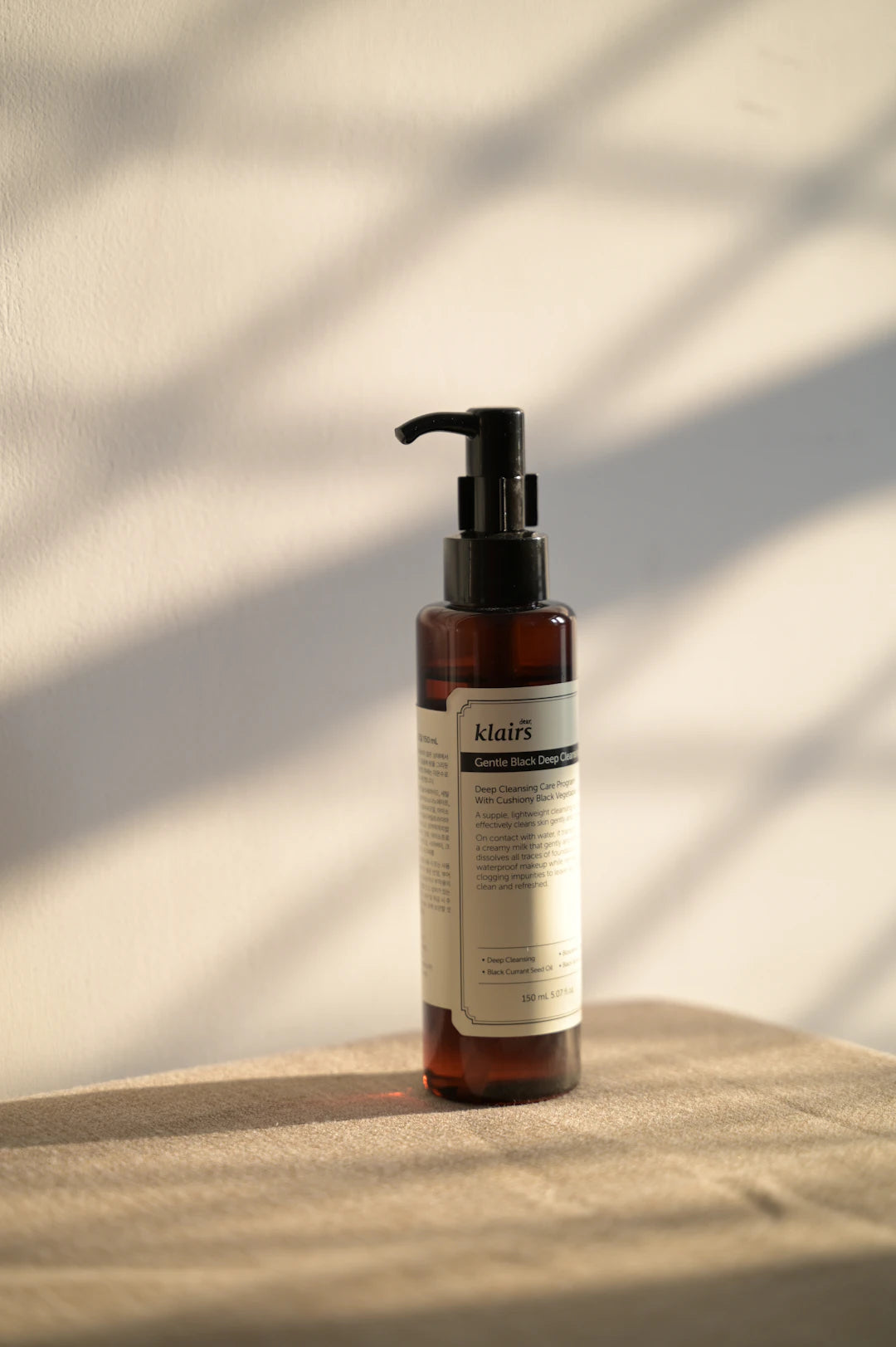Mastering Skin Care: Solutions for Acne and Breakouts

Frequently Asked Questions
1. What is acne and what causes it?
2. What are the effective treatments for acne?
3. How can I create an effective skincare routine for acne management?
4. How does diet affect acne?
5. When should I see a dermatologist for my acne?
Dealing with skin issues like acne and breakouts can be frustrating and overwhelming. Many individuals experience this common problem at various stages of their lives, making it vital to understand the causes, treatments, and best practices for managing these unwelcome visitors on our skin. If you've ever dreamt of achieving clear, radiant skin, this guide is for you! Together, we'll unpack the secrets to combating acne and breakouts effectively, diving into skin science, products, and lifestyle tips. Let's get glowing!
Understanding Acne: What’s Happening on Your Skin?
Before diving into solutions, it's essential to grasp what acne is. Acne occurs when hair follicles become clogged with oil, dead skin cells, and bacteria. This can lead to various skin issues, including:
- Pimples
- Blackheads
- Whiteheads
- Cysts
This condition is most commonly associated with hormonal changes, diet, and stress. While it is primarily linked to teenagers, adults can also experience acne flare-ups due to a variety of factors.
The Causes of Acne: Pinpointing the Triggers
Understanding the underlying causes of acne is paramount for effective treatment. Here are some common contributors:
Hormonal Changes
Fluctuations in hormones can trigger increased oil production. This is often seen during puberty, menstruation, or pregnancy.
Pore-Clogging Products
Using makeup or skincare products that are not labeled as “non-comedogenic” can lead to clogged pores. Always invest in products that will not aggravate your skin.
Diet
Your diet plays a critical role in the health of your skin. High glycemic index foods and dairy can exacerbate acne in some individuals. Incorporating a balanced diet rich in fruits, vegetables, and whole grains can promote better skin health.
Stress
Stress can increase the production of hormones like cortisol, leading to a surge in oil production. Managing stress through mindfulness techniques can have a significant impact on your skin.
Effective Treatment Approaches for Acne and Breakouts
Now that we’ve outlined the causes of acne, let’s explore effective treatment options. While there is no one-size-fits-all approach, several strategies can help you regain control over your skin.
Topical Treatments
Many over-the-counter topical treatments can help reduce acne. Look for the following active ingredients:
- Benzoyl Peroxide: This ingredient helps to kill bacteria and reduce inflammation.
- Salicylic Acid: A beta hydroxy acid that exfoliates deep within the pores.
- Retinoids: These derivatives of Vitamin A can help unclog pores and promote cell turnover.
Always start with a patch test to ensure that your skin responds well to any new product.
Non-Comedogenic Oils
Interestingly, some oils can actually benefit acne-prone skin. Non-comedogenic oils, such as argan oil and rosehip oil, provide hydration without clogging pores. They can help balance oil production, reduce inflammation, and even possess antiaging properties that contribute to a youthful appearance.
Creating an Effective Skincare Routine
An effective skincare routine is critical in managing acne. Here’s a straightforward routine you can follow:
Step 1: Cleanse
Use a gentle, sulfate-free cleanser that removes impurities without stripping natural oils. Cleansing twice daily is crucial.
Step 2: Exfoliate
Incorporate exfoliation into your routine 1-2 times a week. This helps remove dead skin cells and prevents them from clogging pores.
Step 3: Treat
Apply any topical acne treatments as directed. Be consistent, as these products often take time to show results.
Step 4: Moisturize
Even oily skin needs hydration. Look for a lightweight, non-comedogenic moisturizer to keep your skin balanced.
Step 5: Protect
Apply a broad-spectrum sunscreen daily. Sun protection is essential for maintaining healthy skin and preventing new damage.
The Role of Diet and Lifestyle
Beyond topical treatments, your diet and lifestyle choices significantly impact your skin’s health. Consider these tips to enhance your skincare journey:
Eat a Balanced Diet
Incorporate plenty of fruits, vegetables, and nuts in your diet. Foods rich in antioxidants, such as berries, may help combat oxidative stress on the skin. Omega-3 fatty acids, found in fish and flaxseeds, are also beneficial.
Stay Hydrated
Drinking plenty of water keeps your skin hydrated and may help in reducing acne flare-ups. Aim for at least eight glasses of water daily.
Get Enough Sleep
Adequate sleep is crucial for skin repair. Aim for 7-9 hours each night to allow your skin to regenerate and recover.
Manage Stress
Engaging in stress-reducing activities like yoga or meditation can have a positive impact on not just your overall health, but also your skin.
When to See a Dermatologist
While many acne cases can be managed with over-the-counter treatments, some individuals require professional help. Here are signs it might be time to consult a dermatologist:
- Persistent or worsening acne
- Scarring or hyperpigmentation
- Severe cystic acne
- Other skin conditions accompanying acne
A dermatologist can provide tailored treatment options, which might include prescription medications or advanced therapies.
Devise Your Unique Skin Strategy
Achieving clear, healthy skin is a journey that goes beyond just surface-level fixes. While understanding acne and using proper treatment can significantly help, a holistic approach that combines skincare, diet, and lifestyle modifications creates the best outcomes. Embrace your skin journey with patience and positivity; after all, every effort counts towards becoming the best version of you. Remember that consistent care, nourishing your body, and addressing any underlying factors will set you on the path to clearer skin. You're not just battling breakouts, you're cultivating a loving relationship with your skin!


